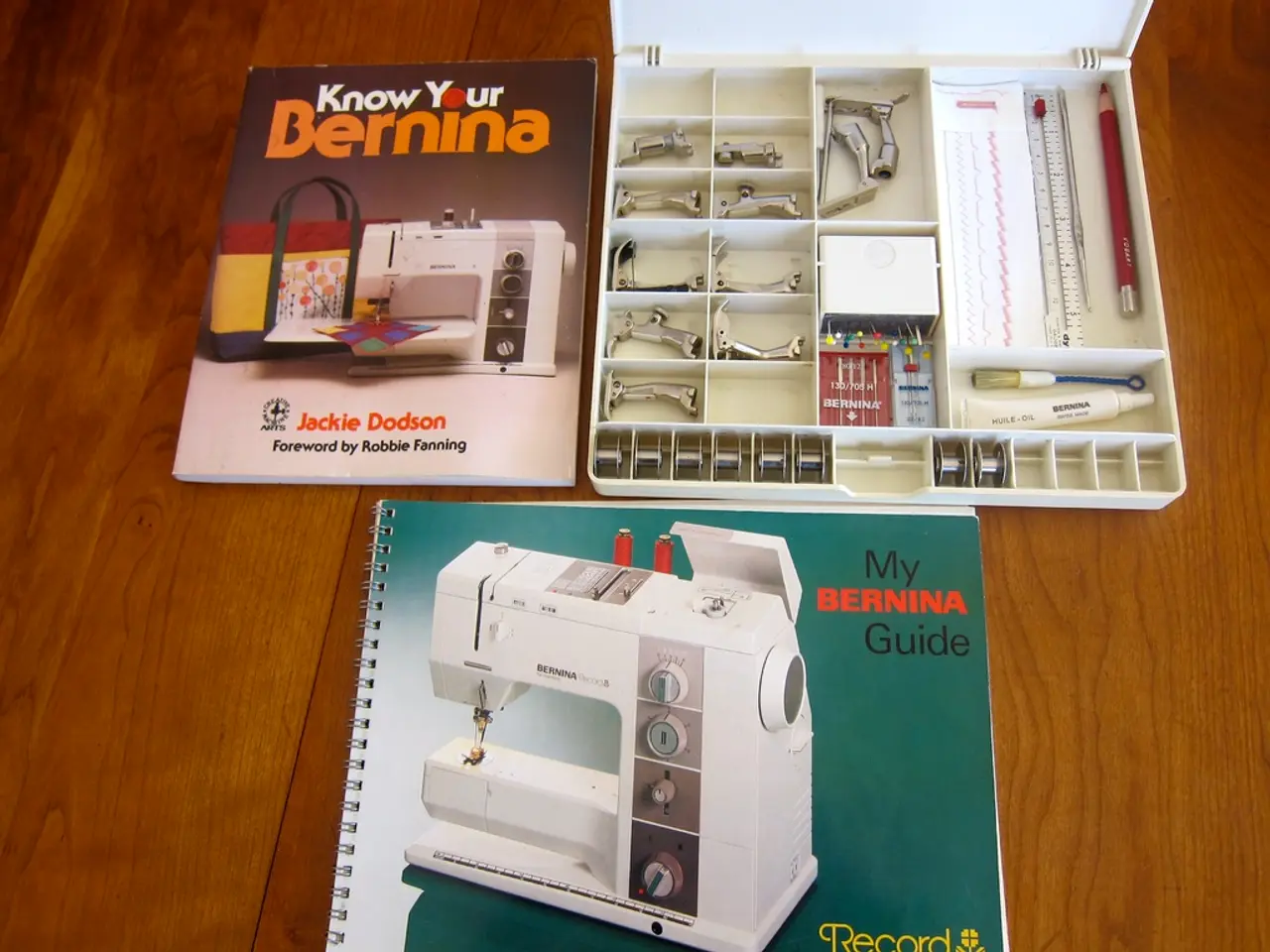Effortless Strategies for Easing Workplace Pressure
In today's fast-paced work environment, managing stress is crucial for maintaining productivity and overall well-being. A study by Headspace reveals that an alarming 77% of employees report that work-related stress has negatively impacted their physical health [4]. However, managing stress doesn't require drastic changes, but adopting certain routines can transform your approach to work and reduce the stress that comes with it.
Time Blocking
Structuring the day into dedicated time segments for specific tasks is a strategy known as time blocking. This method reduces distractions, prevents multitasking, and conserves mental energy, thereby increasing efficiency [1][3][5]. By clearly dividing and prioritizing tasks, time blocking helps create boundaries that reduce overwhelm and boost productivity, thereby lowering stress.
Project Management Tools
Project management tools like Trello, Asana, Notion, and ClickUp enable clear tracking of tasks, deadlines, and progress. These tools prevent the anxiety that arises from uncertainty or missed deadlines, promoting a sense of control and accomplishment [2][5]. They turn complex workloads into manageable steps, mitigating stress related to feeling overwhelmed.
Maintaining a Brag Sheet
A brag sheet, a documented record of accomplishments, supports motivation and self-confidence by making progress and successes visible. This practice can combat burnout by reminding individuals of their strengths and achievements, offering psychological reinforcement when work feels taxing [2]. Regularly updating and reviewing your brag sheet during performance reviews or job interviews can provide a mental shift away from focusing on what went wrong to recognizing what went well.
Scheduling Fun Activities
Scheduling enjoyable and relaxing experiences is essential for mental recovery and preventing burnout. Integrating leisure into schedules promotes work-life balance, replenishes energy, and reduces the cumulative impact of stress [3]. Examples of non-work-related activities include grabbing coffee with a friend, going for a walk in the park, attending a yoga class, or spending an evening reading a book. Treating these activities as "appointments with yourself" helps ensure they are not an afterthought and become a priority.
Adopting smart, consistent habits like maintaining a brag sheet and scheduling fun activities can significantly reduce stress at work. By intentionally planning your day and leaving buffer time in your schedule, you create a structure that makes it easier to focus and reduces the stress of last-minute scrambling. Regularly updating and reviewing your calendar helps create a more predictable and manageable workday. Time blocking, project management tools, maintaining a brag sheet, and scheduling fun activities each help manage work-related stress by improving organization, focus, motivation, and balance in different but complementary ways. Together, these strategies foster better time management, emotional resilience, and well-being, which are key to managing and reducing work-related stress effectively [1][2][3][5].
[1] Time Blocking: A Strategy for Managing Stress and Boosting Productivity [2] The Benefits of Keeping a Brag Sheet [3] The Importance of Scheduling Fun Activities for Mental Health [4] Headspace: The Impact of Workplace Stress on Employees [5] Managing Stress at Work: A Comprehensive Guide
Engaging in science-backed practices like time blocking, project management, maintaining a brag sheet, and scheduling fun activities can contribute significantly to your workplace-wellness and health-and-wellness, as they support personal-growth, education-and-self-development, and mental-health. Time blocking, for instance, helps manage stress by structuring the day into dedicated segments for specific tasks, thereby increasing efficiency and reducing stress. Project management tools, like Trello and Asana, promote a sense of control and accomplishment, mitigating stress related to feeling overwhelmed. Maintaining a brag sheet, a documented record of accomplishments, can combat burnout by reminding individuals of their strengths and achievements, offering psychological reinforcement when work feels taxing. Lastly, scheduling fun activities ensures mental recovery and prevents burnout, promoting work-life balance and reducing the cumulative impact of stress. Adopting these science-based strategies for managing stress can lead to stress-free productivity and improved work-life balance routines, fostering better time management, emotional resilience, and overall well-being in the fast-paced, modern work environment.




